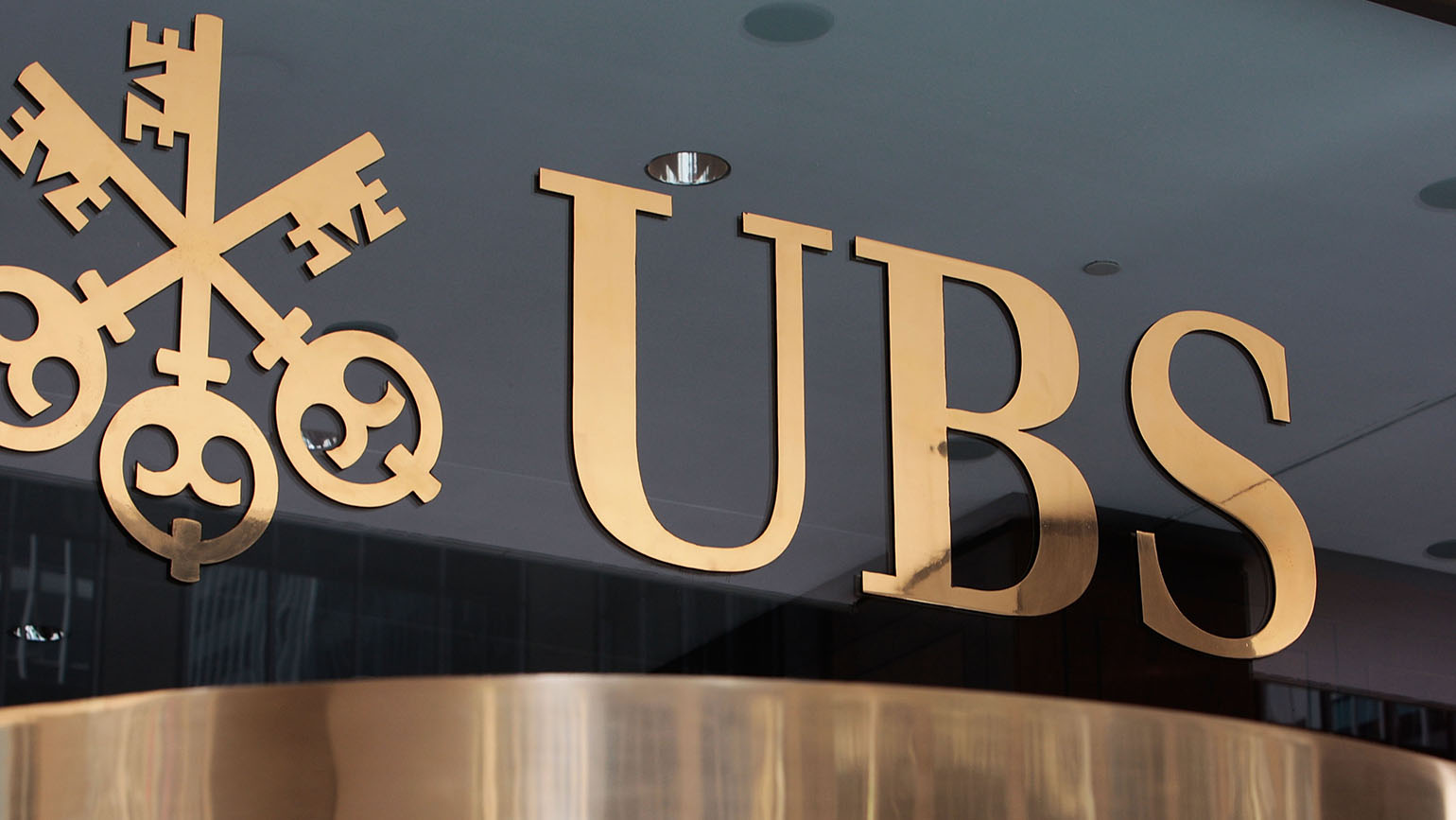UBS will pay about $25 million to settle fraud charges stemming from their recommendations of a complex strategy known as the Yield Enhancement Strategy, or ‘YES,’ according to the Securities and Exchange Commission.
In the order filed Wednesday, the SEC argued UBS allowed its domestic advisors to sell the YES strategy to about 600 investors between February 2016 and February 2017 without giving advisors the necessary training. UBS also failed to tell advisors and clients about the potential risks inherent in these investments.
In a statement, Osman Nawaz, the commission’s Chief of the Enforcement Division’s Complex Financial Instruments Unit, said that the SEC would remain vigilant as such products could present “unique risks.”
“Advisory firms are obligated to implement appropriate policies and procedures to ensure all parties involved in the sale of complex financial products and strategies have a clear understanding of the risks those products present,” he said. “As fiduciaries, advisors also must make suitable recommendations to their clients.”
UBS first opened YES to clients in 2016 after recruiting a team managing the strategy from Credit Suisse the prior year, according to the SEC order. The team marketed the strategy as a way to enhance returns on an existing portfolio, explaining that clients historically saw 3-5% gains per year. Over the course of 2016 and into the next year, the amount invested in YES grew by about $2 billion. It was a short volatility strategy and could generate modest returns during periods of low volatility.
“However, unbeknownst to certain clients who opened YES accounts during the Relevant Period and certain UBS financial advisors who recommended YES during the Relevant Period, the strategy could — and eventually did – suffer losses during periods of high market volatility,” the order read.
Additionally, UBS offered “inadequate training” to advisors during this time period, despite evidence that the firm understood the need for training so advisors could meet their fiduciary responsibilities; as evidence, the SEC cited several internal emails and documents acknowledging that point in its order.
The commission argued that some advisors didn’t understand the downside risk that could come during high-volatility periods, despite UBS’ understanding; the SEC order included a chart created in September 2016, showing that a 12% drop in the mark would result in an 18% investment loss. While the chart was included on internal risk reports, it never made its way to UBS advisors or clients.
By February 2017, UBS compliance supervisors highlighted that certain teams did not “have a full understanding of the YES strategy and this could result in increased regulatory risk,” the order said. In March, UBS closed YES to new investment pending a “front-to-back” review. But with increased market volatility in 2018, client losses began to pile up, with the YES strategy losing 13% in December 2018 and an 18% loss for the year; advisors and clients were “surprised” by the heavy losses, with many clients closing their accounts.
In a statement, a UBS spokesperson said the firm was “pleased to have amicably resolved” the matter with the commission.
“UBS appreciates the SEC’s acknowledgment that in early 2017, UBS voluntarily remediated the issue by enhancing its risk control framework and strengthening its training program for the strategy,” the spokesperson said.
By 2019, many clients accused the firm of misrepresenting the dangers posed by the strategy, and filed a number of complaints with the Financial Industry Regulatory Authority (FINRA); one securities attorney representing 15 investors, said some clients had lost more than 20% in December 2018 alone.
In total, UBS’s fine included $5.8 million in disgorgement, prejudgment interest of $1.4 million (which the SEC considered satisfied because of payments the firm made in other, related arbitration proceedings), and a $17.4 million civil penalty, which would be used to distribute to affected investors. UBS didn’t admit nor deny the findings in the order, but also agreed to a cease-and-desist and censure as a part of the settled charges.


